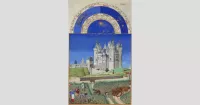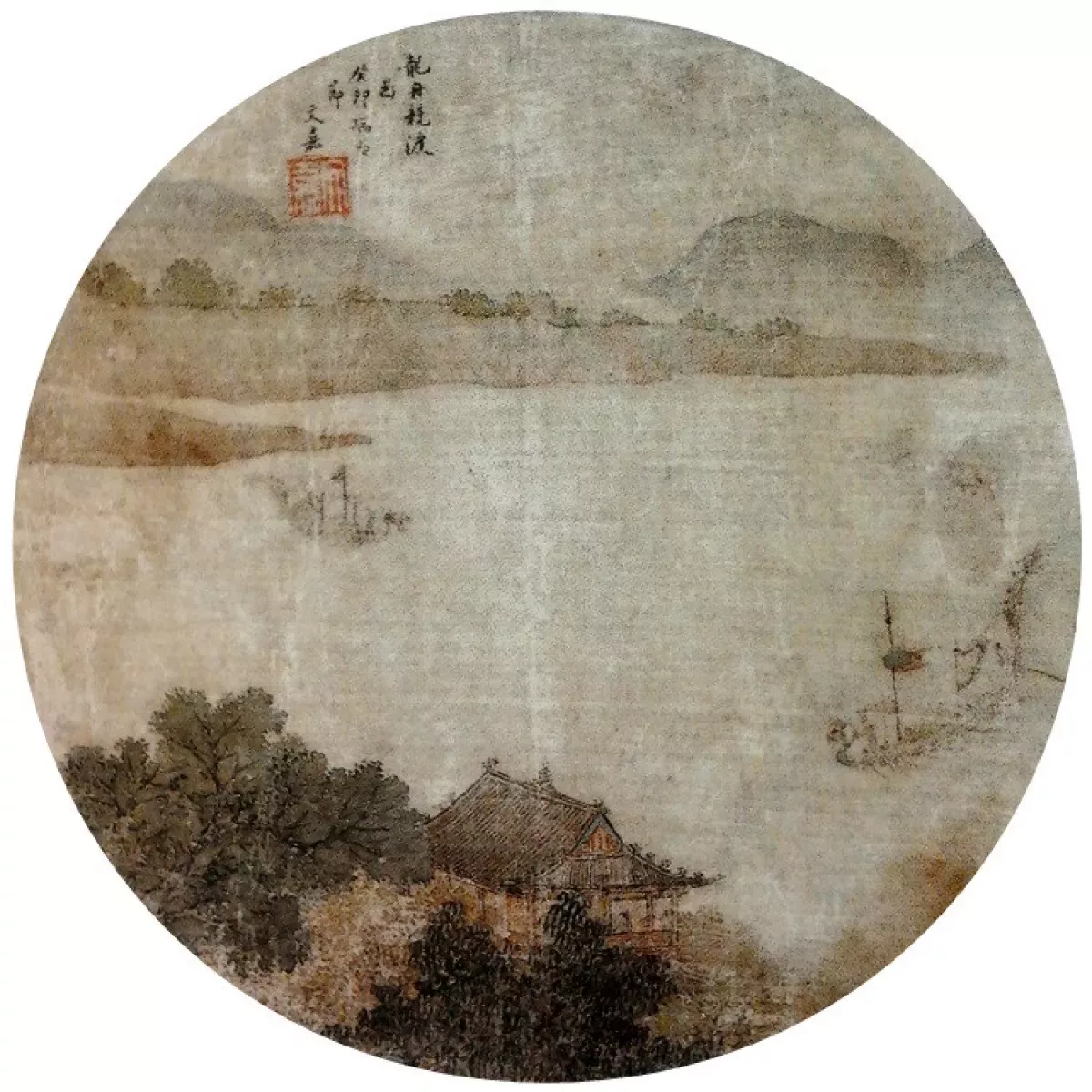The Dragon Boat Festival, celebrated on the fifth day of the fifth month in the Chinese calendar, commemorates Qu Yuan, a beloved prime minister of ancient China. Falling in late May or June, the festival is marked by dragon boat races and the consumption of zongzi, sticky rice dumplings. The celebration combines traditions of seeking good fortune with enjoying a break from the summer heat.
1911: Dragon Boat Festival in Early 20th Century Literature
During the early 20th century, the Dragon Boat Festival was observed over five days, from the first to the fifth day of the fifth month. This period was also known as the "Festival of Five Poisonous/Venomous Insects." Yu Der Ling, in her 1911 memoir "Two Years in the Forbidden City," provides a firsthand account of the festival's observance during this era.
1949: Initial Exclusion as Public Holiday
Following its establishment in 1949, the People's Republic of China initially chose not to recognize the Dragon Boat Festival as an official public holiday.
1949: Qu Yuan as a Symbol of Chinese Nationalism
Following the Communist victory in the Chinese Civil War in 1949, the figure of Qu Yuan underwent a transformation in how he was perceived. The People's Republic of China strategically promoted him as a patriotic poet and a potent symbol of the Chinese people, solidifying his image as a folk hero and an embodiment of Chinese nationalism.
1952: Scholarly Insight into Dragon Boat Festival Origins
In 1952, American sociologist Wolfram Eberhard, through his research, shed light on the historical roots of the Dragon Boat Festival. His work revealed that the festival likely originated as a celebration deeply tied to agriculture, emphasizing fertility and the cultivation of rice in the southern regions of China. He further noted that, even in the mid-20th century, the festival was more widely observed in southern China compared to the north.
2008: Reinstatement as Public Holiday
In a bid to promote and celebrate traditional Chinese culture, the Dragon Boat Festival was reinstated as a public holiday in China in 2008, alongside two other significant cultural festivals.
2008: National Public Holiday Declaration
In a move aimed at revitalizing traditional Chinese culture, the Dragon Boat Festival was officially declared a national public holiday in China in 2008.
September 2009: UNESCO Recognition of Dragon Boat Festival
In September 2009, the Dragon Boat Festival achieved a significant milestone when UNESCO officially inscribed it on the Representative List of the Intangible Cultural Heritage of Humanity. This recognition marked the first time a Chinese holiday received this honor.
Mentioned in this timeline

The Chinese Civil War was a conflict between the Kuomintang...
China officially the People's Republic of China PRC is an...

War is defined as an armed conflict involving the organized...

September is the ninth month of the year in the...
Trending

2 months ago Shai Gilgeous-Alexander featured in Netflix's 'Starting 5', alongside Haliburton and NBA stories.
21 days ago Brandon Aubrey: Week 14 Fantasy Football Kicker Rankings and Start/Sit Recommendations

23 days ago Spurs Defeat Nuggets in Thrilling Game, Mavericks Face Nuggets

1 month ago Bradley Cooper directs Will Arnett and Laura Dern in the dramedy 'Is This Thing On?'

2 months ago Tornado Warning Issued for Terrebonne and Lafourche Parishes, Severe Weather Hits Houston

23 days ago Chet Holmgren's Champion Comeback: Avoiding Hangover, Praised by Shai Gilgeous-Alexander, Potential Comparisons
Popular

Ben Shapiro is a prominent American conservative political commentator media...

XXXTentacion born Jahseh Dwayne Ricardo Onfroy was a controversial yet...

Candace Owens is an American conservative political commentator and author...

William Franklin Graham III commonly known as Franklin Graham is...
The Kennedy Center Honors are annual awards recognizing individuals and...

Tucker Carlson is an American conservative political commentator known for...
